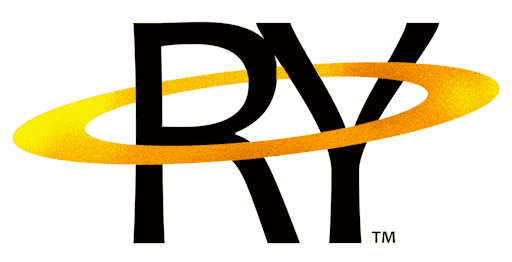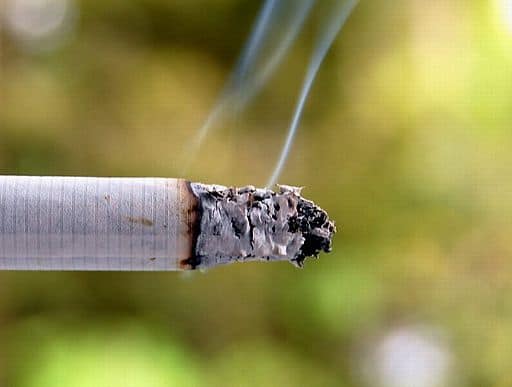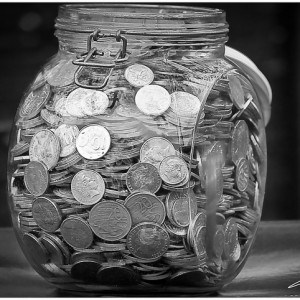Priority debts should be paid off first, not necessarily those with the highest rates: mortgage/secured loan/rent, tax, and utility bills.
The most important debts aren’t necessarily the biggest ones. Priority debts are ones where serious action can be taken against you if you don’t pay what you owe.
What are Priority debts?
- Mortgages and secured loans: if you don’t keep up with mortgage payments and payments on loans secured on your house, the lender can take legal action to take possession of your house and sell it.
- Rent: if you fall behind with your rent, your landlord can take possession action in the county court to evict you (and you will still owe the rent arrears).
- Tax, National Insurance and VAT: it’s important to pay tax. Not paying tax could lead to you being made bankrupt. A tax debt alone is not a sufficient reason for a prison term, but cases of serious fraud could result in criminal proceedings.
- Tax credits overpayments: if you’ve been overpaid tax credits, the Tax Credit Office usually asks you to pay back the extra money.
- Council Tax: tell your council as soon as you think you’re going to have a problem paying your bill. They may be able to reduce what you have to pay. For example, you might qualify for Council Tax Benefit or a discount you didn’t know about.
- Utility bills: gas and electricity companies can disconnect their services to your home if you don’t pay their bills.
- Other priority debts: a court could use bailiffs to come into your home and take your goods away if any of the following debts are unpaid: Business Rates; magistrates’ court fines; maintenance and child support payments. Your goods would be sold to pay what’s owed. If you still owe money after this, it’s possible you might be sent to prison.
Source: Which debts to pay off first @ Direct.Gov
Tools
Further help
- National Debtline: 0808 808 4000, www.nationaldebtline.co.uk
Read more
- Which Debts Should You Pay Off First? @ Money.co.uk
Excerpt: Your mortgage should be one of your highest priority debts because your home may be put at risk if you don’t keep up repayments. In contrast if you fail to keep up repayments on a store card the consequences will still be serious, but are less likely to result in you losing your home. As such any debts you have that are secured on your home (which could be a loan as well as your mortgage) should be given priority over unsecured debts. This doesn’t mean that you should focus only on paying off your mortgage while keeping other debts on the back-burner. You will still need to keep up repayments on all debts, but if you’re struggling with this, make sure you at least have enough funds to clear your high-priority debts then get help with managing the rest.
- Priority and non-priority debts – what’s the difference? @ AllAboutMoney.com
Excerpt: Your priority debts are the most important ones. If you can’t keep up with them, you might have your gas / water / electricity supply turned off, or even lose your home. You could even be imprisoned, although this is extremely unlikely. But debt problems aren’t always what they seem. If you’re having a hard time making your mortgage / rent payments, for example, it isn’t necessarily because they’re too large – it could be because your non-priority debts are taking up too much of your monthly income. Depending on your situation, a debt solution like a debt management plan, debt consolidation loan or IVA (Individual Voluntary Arrangement) could help you reduce your monthly outgoing to your non-priority debts, freeing up the funds you need for your priority debts.
image by Republica under CC0 license


 National Debtline Priority Debts pack
National Debtline Priority Debts pack
